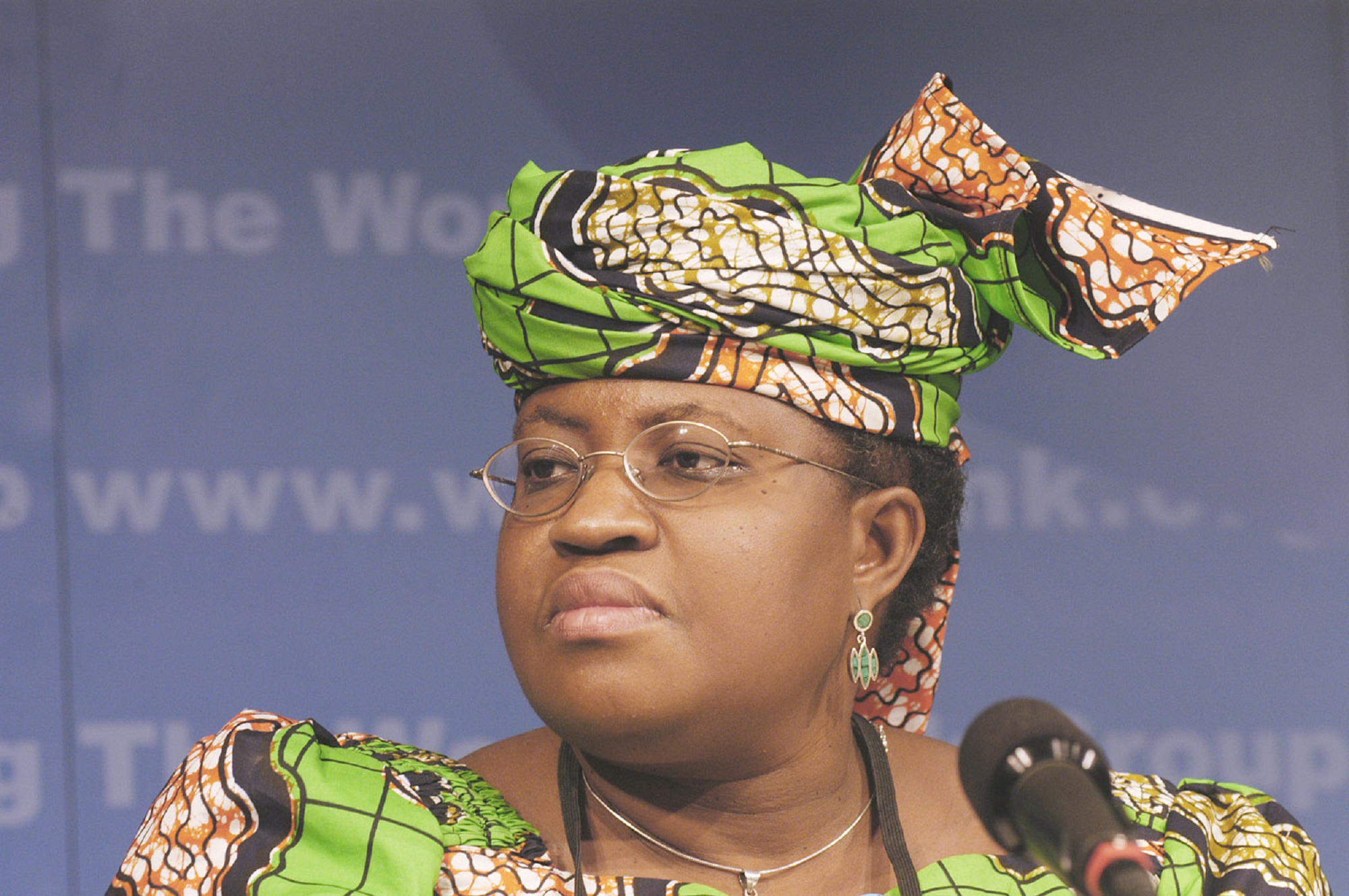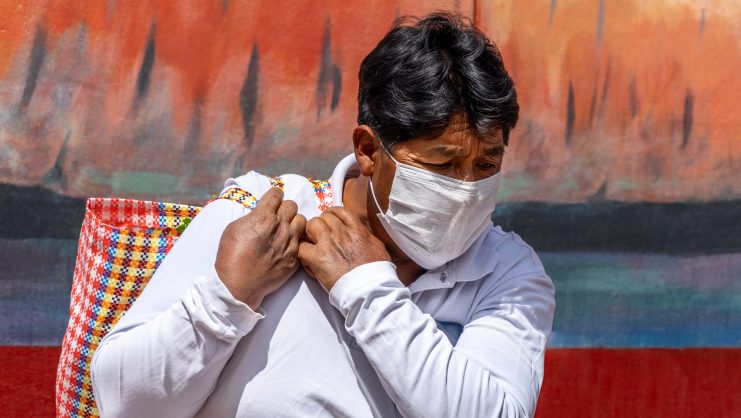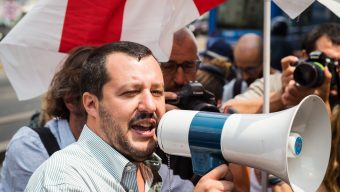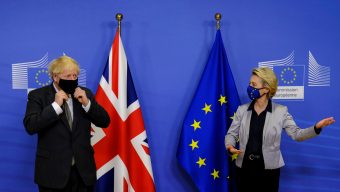With the appointment of Nigeria’s Dr. Ngozi Okonjo-Iweala as Director-General, the World Trade Organization (WTO) has made history. After a scrutinized 9-month selection process, Dr. Okonjo-Iweala became the first woman and first African to hold the post. What is at stake in the hands of Dr. Okonjo-Iweala is, inter alia, an inoperative WTO Appellate Body, world trade prospects marred by a serious pandemic, a fragmented and tensioned international trading landscape, a set of WTO rules that need updating, and an institution that has found it hard to engage its membership in sound advancements on the negotiations front.
The First African Director-General
The WTO came into being on the 1st of January, 1995 as the successor to the GATT (General Agreement on Tariffs and Trade) Secretariat. As a member-driven organization taking decisions traditionally by consensus, its decision-making process depends heavily on the ability of its 164 members to come to an agreement on various issues. With such a vast membership, it is a true challenge to make progress in negotiations – and this is a difficulty at the very heart of the WTO. For example, the Doha Development Round had the ambitious aim of improving trade prospects of developing countries by lowering global trade barriers and revising trade rules, but the agenda ultimately came to a dead end after 14 years of negotiations.
While it is the membership that steers the decision-making process of the WTO, the role of the Director-General is vital in overseeing the daily functioning of the organization’s operations that include the administering of trade agreements, monitoring policies, handling of disputes, serving as a forum for negotiations, providing technical assistance and training for developing members, and cooperating with other international organizations. Essentially, the WTO Director-General ensures an active engagement in the world trading system.
Dr. Okonjo-Iweala became the seventh WTO Director-General after her predecessor, Mr. Roberto Azevêdo, stepped down a year before the end of his second term. Of the eight candidates nominated for the position, three were from the African continent – in addition to Dr. Okonjo-Iweala, the list included Mr. Abdel-Hamid Mamdouh from Egypt and Ms. Amina Mohamed from Kenya. Considering where the previous director generals hailed from – Brazil, France, Ireland, Italy, New Zealand, Thailand – there was great expectation that the appointment would go to one of the candidates from Africa. Geographical diversity was not the only reason. As a representative of Nigeria, Dr. Okonjo-Iweala will foster engagement of the African countries, which represent the majority of the least-developed countries (LDCs) in the WTO, and ensure that the international trading system continues addressing these countries’ concerns and constraints in addition to the needs of the entire WTO membership.
Okonjo-Iweala’s appointment has obviously shattered the glass ceiling in a trading world mostly dominated by men. And the cracking started only recently.
For example, one such concern of the LDCs is their interest in extending some of the support measures from which they currently benefit (e.g. preferential market access, technical assistance, capacity building, and special and differential treatment) for an additional 12 years after graduating from LDC status. This delay would, as argued by the LDCs, ensure a ‘smooth transition’ as defined by two UN General Assembly Resolutions. Moreover, there are long-standing issues affecting LDC’s that impede this, such as the negotiating difficulties for acceding LDCs to the WTO, the trade-distorting effects of subsidization by major players, the impact of rules of origin on LDC imports, hindered market access to LDCs accruing from non-tariff barriers, and the overall failure to meet the SDG target aimed at doubling LDCs’ share of global exports by 2020 for both goods and services (which is due in part due to the devastating effects of COVID-19 on LDC exports.)
The First Female Director-General
It is impossible to miss the fact that all six previous WTO Director-Generals have been male. Dr. Okonjo-Iweala’s appointment has obviously shattered the glass ceiling in a trading world mostly dominated by men. And the cracking started only recently. In fact, the first women to be nominated – three out of nine candidates – were part of the election process just before this most recent one. None made it to the final round (when Mr. Azevêdo was appointed.) In the selection process of 2005, when Pascal Lamy was finally elected as fifth Director-General, there was no female candidate whatsoever.
In this regard, the most recent WTO Director-General election process represents a true paradigm shift. In the second round, all three women included in the eight initially proposed candidates made it to the second round and the final selection was between two female candidates: Dr. Ngozi Okonjo-Iweala who was finally elected and H.E. Yoo Myung-hee of Korea.
Challenges Ahead
Dr. Okonjo-Iweala’s initial statement, given upon being appointed, detailed her top priorities. At the heart of the current COVID-19 crisis is the need to increase cooperation among WTO members to ensure equitable and affordable access to vaccines, therapeutics, and diagnostics while reducing or withdrawing export restrictions and facilitating technology transfer. This is a particularly sensitive issue considering the investments made by some countries and pharmaceutical companies to develop the vaccines currently in the market, particularly given a round-the-clock vaccination calendar despite a vaccine shortage.
It is true, though, that returning to a pre-COVID scenario of stable and predictable trade exchanges entails widespread and equal access to vaccines, around the world and as quickly as possible. Hopefully, Dr. Okonjo-Iweala’s background as a Board Member of the Global Alliance for Vaccines and Immunization (GAVI) will provide her with enough traction to get sound agreement from WTO members.
Another major step to ensure the WTO’s relevancy is a successful Twelfth WTO Ministerial Conference (MC12), the bi-annual meeting in which major decisions are taken that affect the commitments undertaken by WTO members. The MC12 conference that was initially scheduled under Mr. Azêvedo’s mandate to take place in Nur-Sultan, Kazakhstan in June 2020 has been rescheduled, due to the pandemic, to take place in Geneva, Switzerland on November 29, 2021. It is here that Dr. Okonjo-Iweala expects to finalize the fisheries subsidies negotiations aimed at prohibiting subsidies that contribute to illegal, unreported, and unregulated fishing, and that facilitate overfishing and overcapacity, for the sake of SDGs.
Fisheries subsidies negotiations under the WTO date all the way back to 2001, when they were launched as part of the Doha Ministerial Conference. The mandate was elaborated in the 2005 Hong Kong Ministerial Conference and a boost was conferred by the 2017 Buenos Aires Ministerial Conference when ministers decided on a work program to conclude the negotiations leading to an agreement on fisheries subsidies in MC12, following the adoption of the 2030 Agenda for Sustainable Development by UN member states in 2015. An agreement that concludes these negotiations after 20 years has the potential to signal the WTO’s bearing on relevant agreements.
An additional issue that Dr. Okonjo-Iweala intends to leapfrog is the WTO Dispute Settlement system reform. The operations of the WTO Appellate Body have been suspended due to vacancies as a result of the Trump administration’s continuous blocking of new Appellate Body Members. The WTO Dispute Settlement System is often referred to as the ‘Jewel in the Crown’ of the WTO and has for many years been key in guaranteeing the security and predictability of the multilateral trading system. Given this blockage, a key priority for Dr. Okonjo-Iweala is to make WTO’s Appellate Body functional again, while considering all proposals for its reform (and prompting members to agree on them), especially those that pertain to the Appellate Body’s alleged practices (judicial activism and politicization) and decision delays.
Furthermore, Dr. Okonjo-Iweala is also tasked with the reform – and modernization – of the WTO trade rules, in particular those dealing with state-owned enterprises, antidumping duties, countervailing duties, and safeguards. These enhanced disciplines would prevent members from engaging in unfair practices or abuse of WTO disciplines to protect domestic producers to the detriment of their trading partners.
Dr. Ngozi Okonjo-Iweala is an accomplished economist and international development expert and she comes to the position of WTO Director-General with 30 years of excellent and varied experience. The historical appointment of the first woman and the first African to Director-General is bound to infuse fresh perspective into the world trading system. And so begins a new page for the WTO.
© IE Insights.






